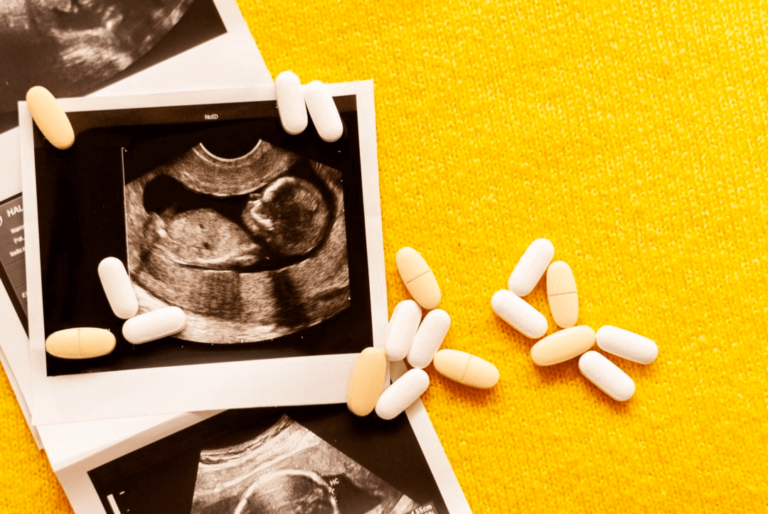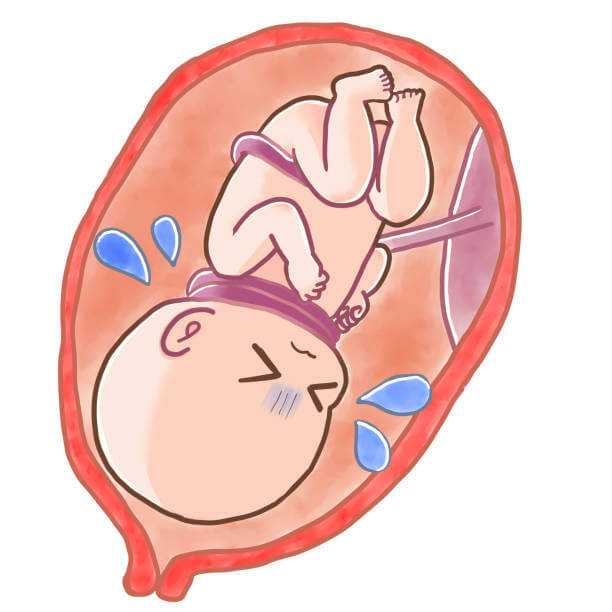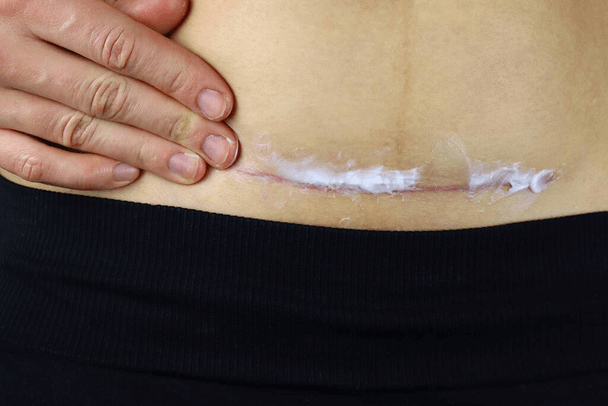Navigating Pregnancy with an Eating Disorder: Essential Steps for a Healthy Journey

Dealing with an eating disorder is challenging, and the complexities only increase when considering pregnancy. While an eating disorder doesn’t automatically prevent you from having a healthy pregnancy, it does necessitate careful planning and ongoing support to ensure the best outcomes for both mother and baby. Here’s a comprehensive guide to managing an eating disorder before, during, and after pregnancy.
Before Pregnancy
1. Achieve a Healthy Weight:
- Aim to reach and maintain a weight within a healthy range before trying to conceive. This stability is crucial for fertility and a healthy pregnancy.
2. Cease Harmful Behaviors:
- Ensure you are not engaging in purging or other harmful behaviors. This step is vital for your health and the health of your future baby.
3. Consult Healthcare Providers:
- Talk to your doctor about your plans to conceive. Discuss your medical history and any concerns related to your eating disorder.
4. Meet with a Nutritionist:
- Begin a balanced and nutritious diet under the guidance of a nutritionist. Establishing healthy eating habits is essential for a successful pregnancy.
5. Seek Counseling or Therapy:
- Engage in therapy or join support groups. Addressing the psychological aspects of your eating disorder is critical for long-term health and well-being.
Also read: Understanding Fetal Distress: Causes, Symptoms, And Management
During Pregnancy
1. Early and Regular Prenatal Care:
- Start prenatal visits early. Inform your healthcare provider about your eating disorder history to tailor your care plan appropriately.
2. Monitor Weight Gain:
- Ensure you gain the recommended amount of weight during pregnancy. Regular check-ins with your doctor will help keep track of your progress.
3. Maintain a Balanced Diet:
- Focus on meals that are nutritionally balanced. Avoid any purging behaviors to ensure your baby gets the necessary nutrients.
4. Continue Therapy:
- Keep up with therapy sessions to manage the emotional and psychological challenges of pregnancy. This support can help you stay on track with healthy behaviors.
After Pregnancy
1. Postpartum Care:
- Continue to prioritize your health after childbirth, especially if you plan to breastfeed. Maintaining good nutrition is essential for milk production and your recovery.
2. Watch for Postpartum Depression:
- Be vigilant about signs of postpartum depression, as women with a history of eating disorders may be at higher risk. Seek support if needed.
3. Establish a Support Network:
- Ensure you have a strong support system in place, including family, friends, and healthcare professionals.
4. Work with a Lactation Consultant:
- If breastfeeding, a lactation consultant can provide valuable support and guidance to ensure you and your baby are thriving.
5. Continue with Nutritionist:
- Maintain regular consultations with a nutritionist to support your dietary needs and help you maintain a healthy weight postpartum.
Conclusion
Managing an eating disorder during pregnancy requires a multi-faceted approach that includes medical, nutritional, and psychological support. By taking proactive steps before, during, and after pregnancy, you can help ensure a healthy outcome for both you and your baby. Always communicate openly with your healthcare providers and seek the necessary support to navigate this challenging but rewarding journey successfully.
Also read: Positive Pregnancy Test But No Pregnancy Symptoms – Will I Miscarry?






